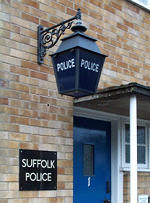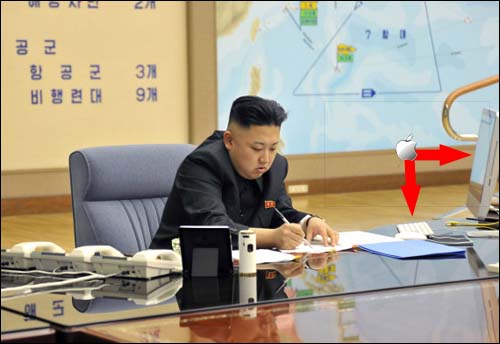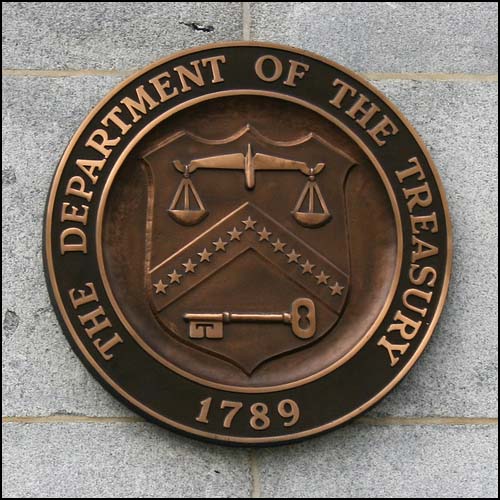 Have you had a license application pending at the Directorate of Defense Trade Controls (“DDTC”) to export a defense article mysteriously denied? Â If so, you might have been “blue lanterned,” or, more accurately, the end user might have been “blue lanterned.”
Have you had a license application pending at the Directorate of Defense Trade Controls (“DDTC”) to export a defense article mysteriously denied? Â If so, you might have been “blue lanterned,” or, more accurately, the end user might have been “blue lanterned.”
The oddly and opaquely named “Blue Lantern” program at DDTC refers to a process whereby U.S. embassy officials abroad and other domestic government officials conduct investigations into proposed end users mentioned in DDTC license applications. Â The result is that sometimes a source whispers something derogatory about the end user into the investigators ear and, well, that’s the end of that license application.
Every year DDTC issues a report on its Blue Lantern report which provides some interesting information and statistics on the program, although regrettably always leaving the origin of the program’s name shrouded in mystery.* Â This year’s report was just released and there are some interesting tidbits buried in it.
The report indicated that in 2012, a total of 820 Blue Lantern checks were initiated, up from 783 in 2011 and 536 in 2010. Of those, 20 percent resulted in unfavorable determinations. Interestingly, the report noted that the unfavorable rate for inquiries conducted in Europe was 27 percent, among the highest for any region, even though historically the rate of unfavorable determinations in Europe is among the lowest of all the regions. The report explained the discrepancy as
primarily due to thirty unfavorable checks involving a single entity that failed to sufficiently cooperate with DTCC’s inquiries and also revealed stockpiling concerns.
Late in the report it is revealed that the commodities produced by this “single entity” were spacecraft systems, which may give alert readers enough information to speculate as to who that single entity might be.
My favorite unfavorable determinations, however, had to be one involving a Central American firearms dealer who sold to an individual “known to resell firearms from his car” and the one involving “an Eastern European individual who attempted to acquire a weapon simulator under the premise of using it in a home theatre gaming system.” (And here I thought I had every possible gadget in my home theatre system!)
*See previous posts
here and
here about the possible origin of “Blue Lantern” as the program name.


 Posted by
Posted by  Category:
Category: 

 Banks may be too big to fail but their employees, apparently, aren’t too small to nail.
Banks may be too big to fail but their employees, apparently, aren’t too small to nail. Have you had a license application pending at the Directorate of Defense Trade Controls (“DDTC”) to export a defense article mysteriously denied? Â If so, you might have been “blue lanterned,” or, more accurately, the end user might have been “blue lanterned.”
Have you had a license application pending at the Directorate of Defense Trade Controls (“DDTC”) to export a defense article mysteriously denied? Â If so, you might have been “blue lanterned,” or, more accurately, the end user might have been “blue lanterned.” The Office of Foreign Assets Control (“OFAC”) has just released new
The Office of Foreign Assets Control (“OFAC”) has just released new .jpg) Michèle Flournoy, a former undersecretary of defense, writes today in the Wall Street Journal in favor of export law reform in an
Michèle Flournoy, a former undersecretary of defense, writes today in the Wall Street Journal in favor of export law reform in an 

